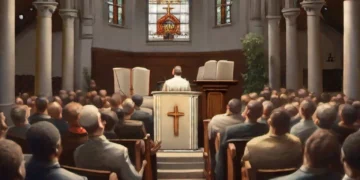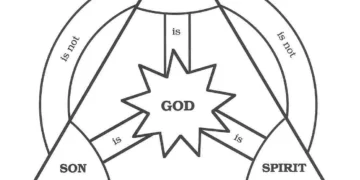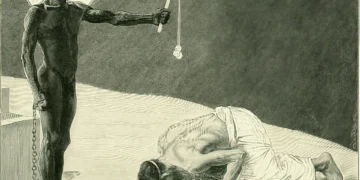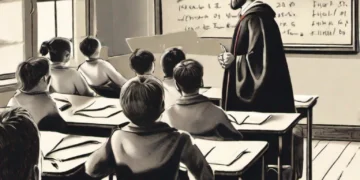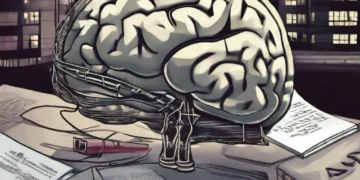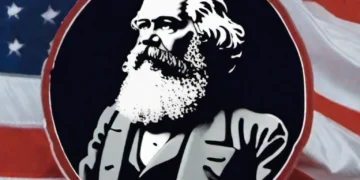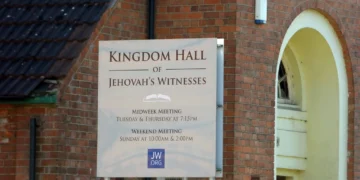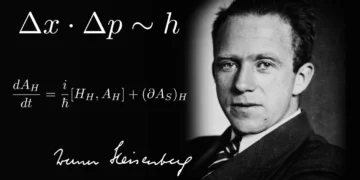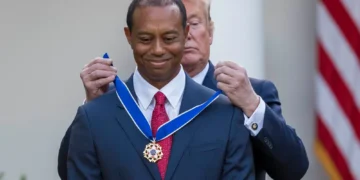In the realm of politics, the aura of power often rests on the delicate foundation of perception. Lee Atwater, a renowned political strategist, once famously stated, “Perception is reality.” This thought-provoking quote encapsulates the intricate relationship between how politicians present themselves and the public’s perception of them. However, it compels us to exercise skepticism in accepting these presentations at face value, urging us to delve deeper in search of the truth that lies hidden beneath the surface. This article explores the paradoxical nature of perception in politics and emphasizes the importance of seeking the deeper truths that define our political landscape.
The Perception-Reality Paradox
Atwater’s insightful quote suggests that public opinion is not necessarily based on objective truths but rather on the impressions created by politicians. In a world where image matters greatly, politicians skillfully construct narratives designed to influence public perception. They leverage various tools to shape the way they are seen, including carefully curated speeches, media presence, and social media campaigns. While these tactics can certainly be effective in shaping opinions, they also create a unique challenge for the public. How can we discern between what is real and what is mere semblance?
The Call for Skepticism
Amidst a constantly evolving political landscape, it becomes imperative for citizens to adopt a skeptical mindset. We must actively question the self-portrayal and motives of politicians, recognizing that what we perceive may not always align with reality. Media coverage, political advertisements, and public relations strategies are all susceptible to manipulation, further emphasizing the need for a discerning eye. By seeking alternative perspectives, fact-checking claims, and engaging in critical analysis, we can peel back layers of perception and uncover a more genuine understanding of the politicians and policies that affect us.
Seeking Deeper Truths
As citizens, we bear the responsibility of going beyond surface-level perception. We must strive to unveil the underlying truths that shape our political landscape. This transcends being passive consumers of news and actively involves us in deepening our understanding. By engaging in open dialogue, listening to diverse voices, and examining different sources of information, we can broaden our perspective and forge a path towards enlightenment.
Placing Trust in a Higher Plan
While navigating the realm of politics can be daunting, it is essential to remember that our collective destiny extends beyond the control of any single political entity. As we strive to uncover deeper truths, it can be comforting to put our trust in a higher plan. Many find solace in embracing the notion that there is a divine purpose guiding humanity’s course. Placing our trust in a higher power enables us to maintain hope and actively contribute towards a better world, transcending the immediate political realities that may cloud our judgment.
Empowering Ourselves
Lee Atwater’s adage, “Perception is reality,” serves as a reminder of the intricate dance between politics, perception, and truth. In a world where politicians meticulously construct images, we must adopt a skeptical mindset, seeking and scrutinizing the deeper truths that shape our political landscape. By engaging in critical thinking, embracing diverse perspectives, and actively participating in political discourse, we empower ourselves to unravel the complexities of perception and reveal the larger truths that guide us. As we navigate this journey, it can be reassuring to place our trust in a higher plan, reminding us that our collective destiny transcends the transient nature of politics.






